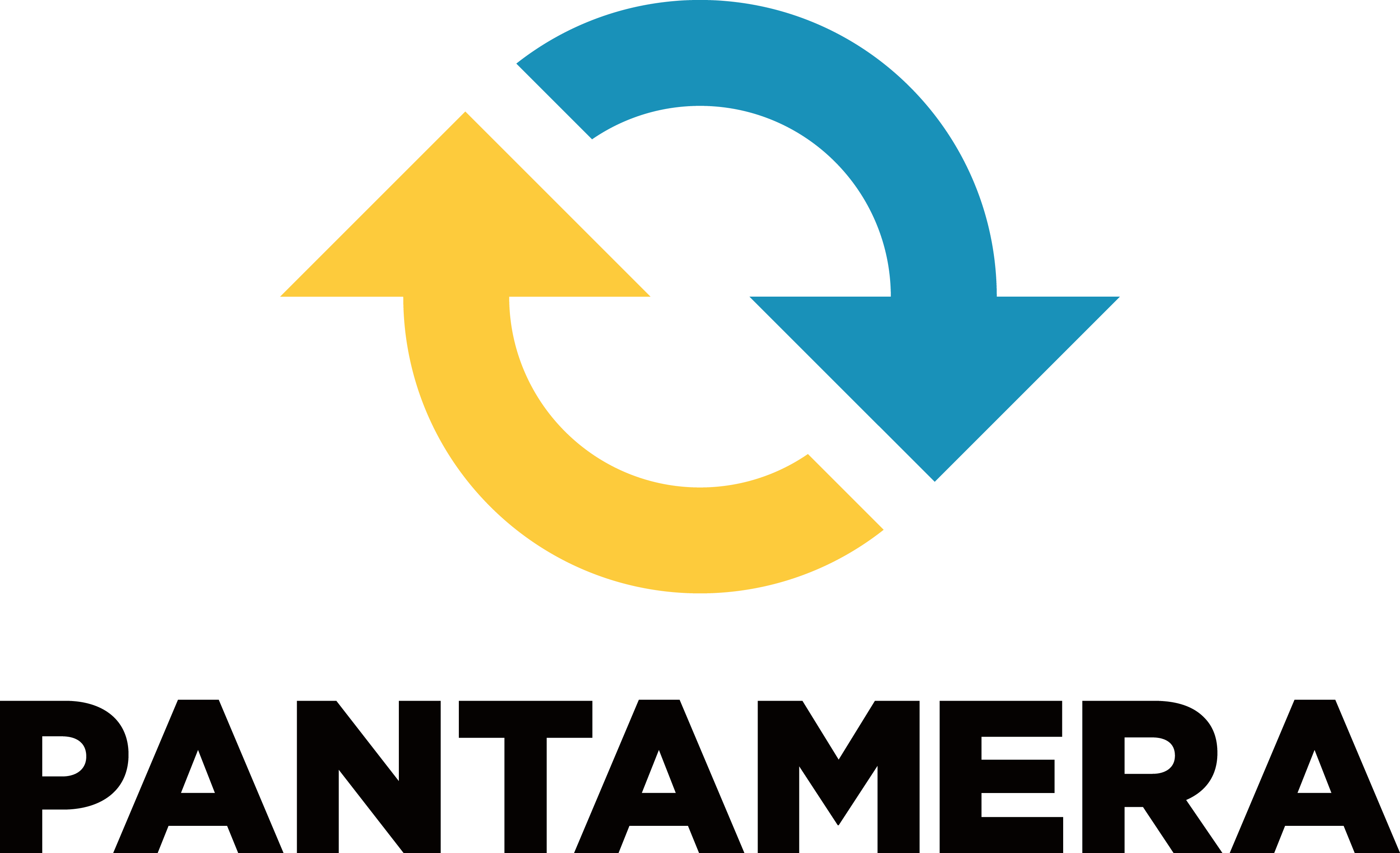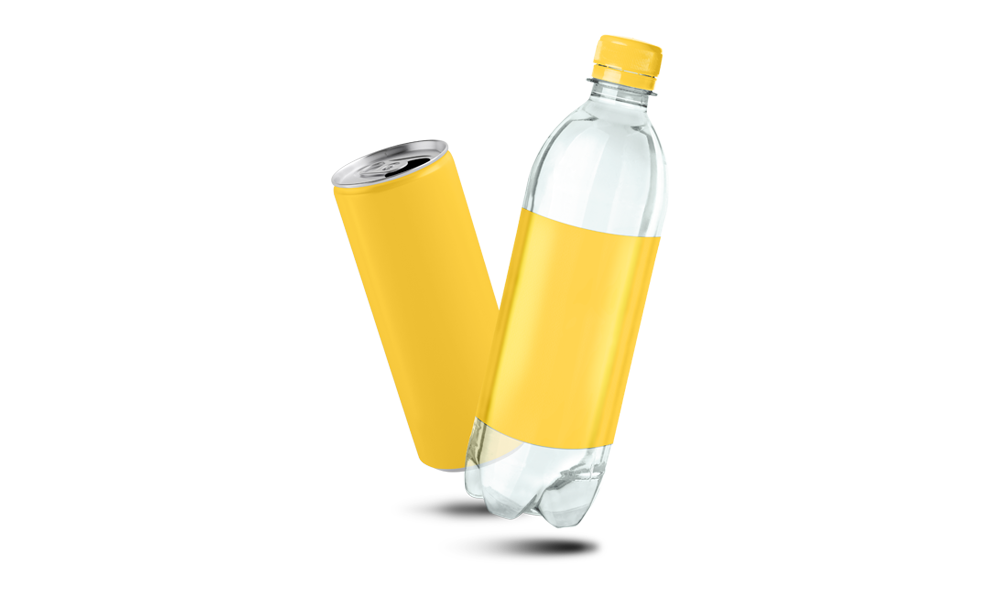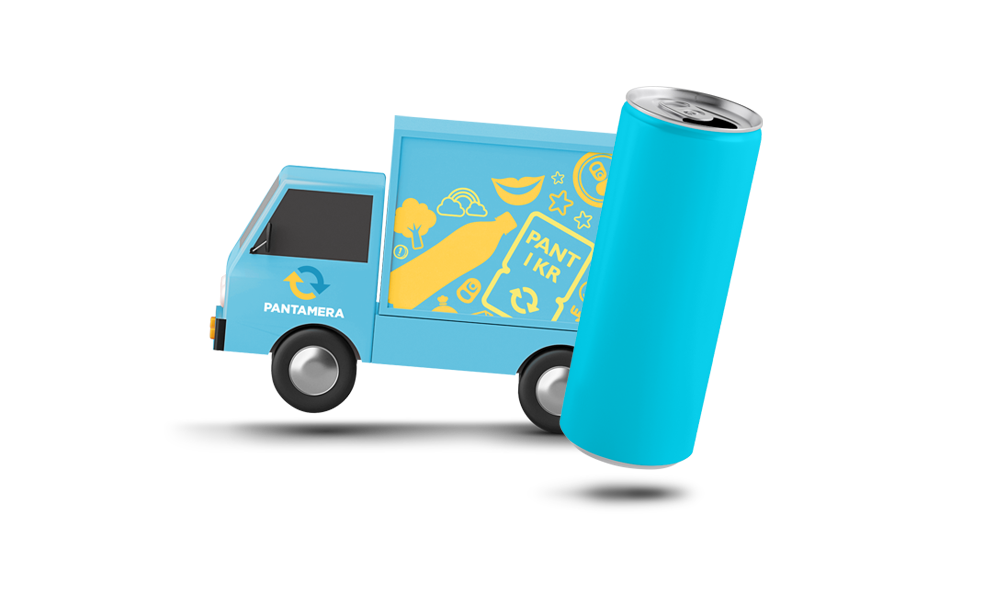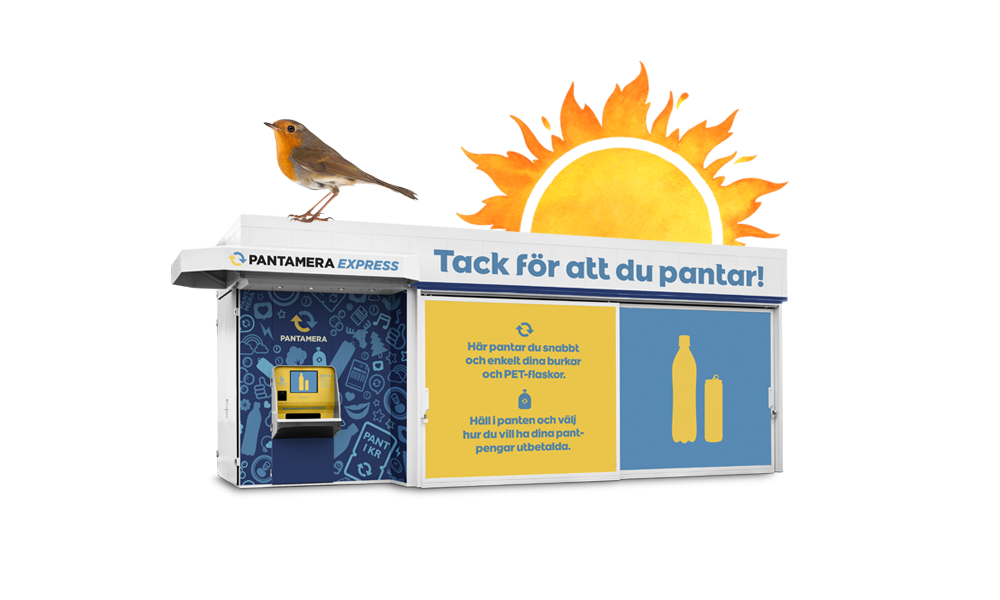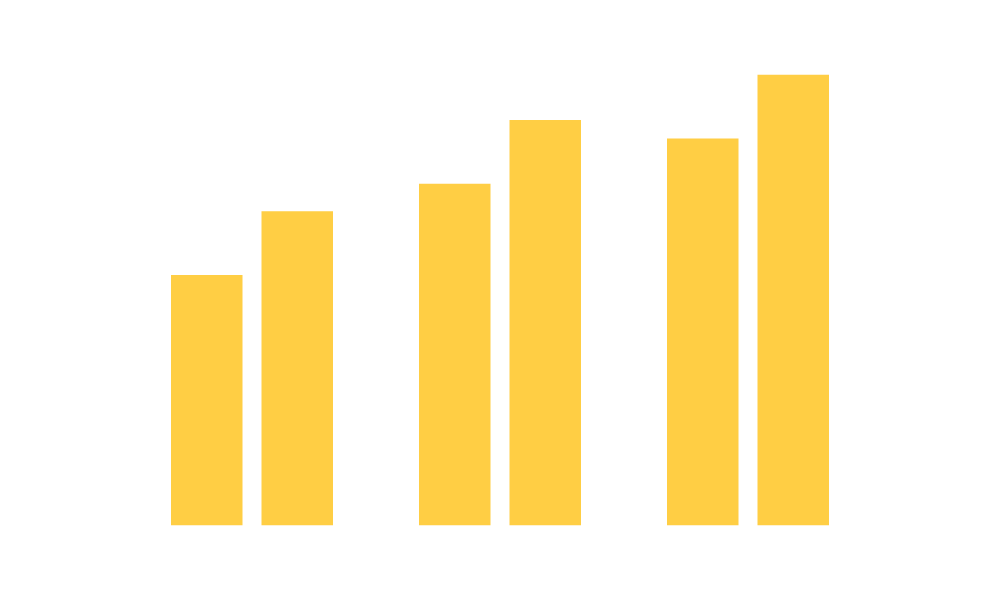Returpack runs a transport-intensive business. All cans and bottles that are returned to the system throughout the country have to be transported to the plant in Norrköping. There they will be processed, before continuing their journey to become new recycled products. For this reason, the modes of transport and fuel options that Returpack’s carriers use represent incredibly important choices, from an environmental perspective.
- During 2019, Returpack has gone from 90 percent fossil-free transport-kilometres to 95 percent – moving a big step closer to our goal of being completely fossil-free by 2025, says Marie Skoog, Logistics Manager at Returpack.
Although the goal of being completely fossil-free will soon be achieved, the work of monitoring the outside world and testing alternative fuels is continuing.
- There is a difference between good and better, even when it comes to fossil-free – reductions in CO2 vary, and some of the raw materials from which the fuels are made are debatable. We have been working alongside our suppliers in the long term, and there were fewer options available during the last major procurement in 2014/15. If the alternatives that are available today had existed then, we would certainly have made other choices as well,” explains Marie Skoog.
Test-driving with liquid gas
Working closely with major hauliers is important when it comes to promoting developments. That’s why Returpack visited Scania in Borås along with one of its hauliers, in order to test-drive various vehicles and engines powered by alternative fuels. The hauliers make high demands as regards the performance of their engines. Returpack’s cans and bottles don’t weigh much, but the hauliers never drive empty, and they often transport much heavier goods on their way back.
- The investment in vehicles with alternative, more environmentally friendly engines is considerably greater than in a traditional diesel vehicle. With the assistance of Klimatklivet, a type of investment aid that is applied for from the Swedish Environmental Protection Agency to reduce e.g. carbon dioxide emissions, it is possible to cover part of the additional cost of investing in more environmentally smart vehicles. Three of the hauliers that participated in the test-drive in Borås have now ordered new vehicles powered by liquid gas (LBG). This is a type of biogas that has been cooled down, making it possible to fill larger amounts at a time and enabling longer journeys, says Marie Skoog.
Regional differences in fuel supply
A great deal is happening in the field of transport, and it is clear that it is not advisable to put all your eggs in one basket.
- We also need to look at the regional situation: if an area is strong in gas, then we should use that, as there will be enough suppliers and filling stations. It may also be the case that individual local authorities have conducted procurements and stipulated demands regarding the supply of gas over an extended period, in which case we should go with that, says Marie Skoog.
- It is important for us to keep up-to-date regarding which options will be available in the future, so that we always have the potential to make the most sustainable choices, concludes Marie Skoog.
